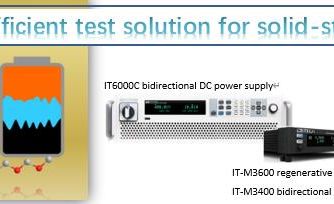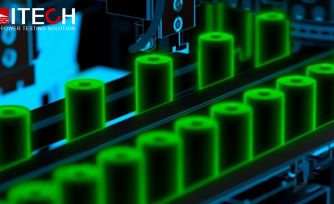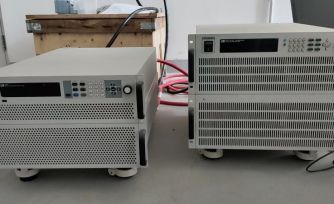battery
-
Efficient test solution for solid-state batteries
Read moreBackground Nowadays, the competition of practical use of solid-state batteries has begun. Toyota, which is leading the way in patents, plans to open trial production EVs within 2021. Volkswagen and Quantum Scape, a Silicon Valley start-up, will start producing batteries that can significantly extend the range of PEV around 2024. Solid-state battery technology is regarded as the next-generation key technology affecting the EV industry.
-
Multiple battery companies open high-capacity cell race, energy storage cell testing ushered in new challenges
Read moreUnder the pressure of cost reduction and efficiency, batteries and system integrators have flocked to larger capacity cells and higher capacity energy storage system tracks. According to different capacities, energy storage cells can be divided into three generations of products, the first generation of 280Ah, the second generation of 300Ah or more energy storage cells, represented by 314Ah capacity.
-
Forced discharge test of battery
Read moreBackground Effective January 1, 2009, the latest version of the Technical Instructions for the Safe Transport of Dangerous Goods by Air issued by the International Civil Aviation Organization (ICAO) added UN serial numbers for dangerous goods, and lithium batteries will be classified as lithium-ion batteries (UN 3090 and UN 3091) and lithium metal batteries (UN 3480 and UN 3481). The regulation states that lithium batteries cannot be transported by air if they do not come with a test report or certificate of approval based on UN38.3.



